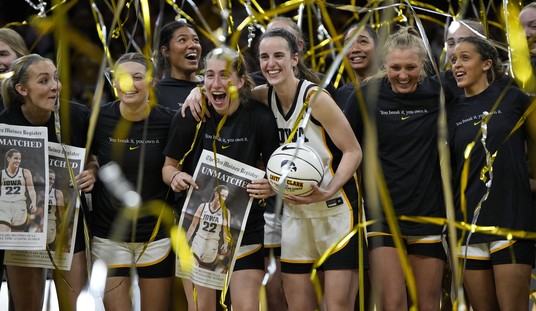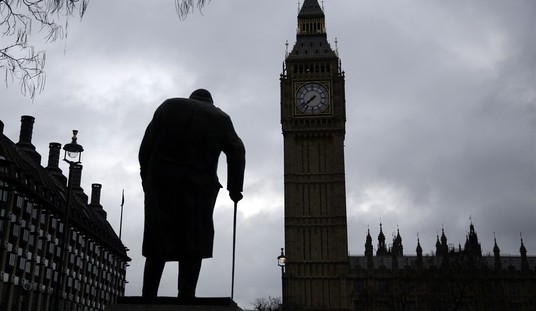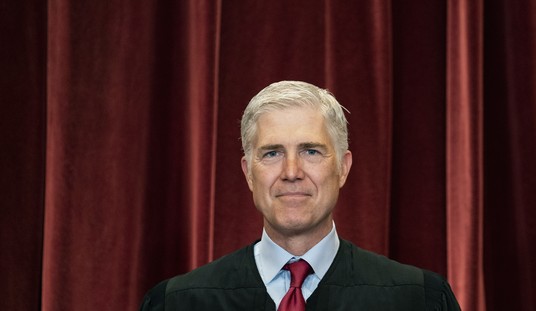A business in Berkeley, California is thriving in this weak economy, hiring mostly African-Americans and helping to lower the unemployment rate in minority communities.
Could this be a model emulated nationwide? Obama’s always talking about “shovel-ready” jobs — but has he considered bong-ready jobs? :
In the 21 months since it opened, the 40 Acres Medical Marijuana Growers Collective has seen its membership jump to more than 7,000 people, making it one of the fastest growing and largest cannabis businesses in Berkeley.
From a set of rooms located above the Albatross pub on San Pablo Avenue, 40 Acres has become more than just a place where people can obtain and consume medical cannabis. Started by African-Americans, run by African-Americans, 40 Acres aims to bring diversity to the medical cannabis movement and use the rapidly growing industry as a way to open up opportunities for the poor and disenfranchised.
The leaders of the collective actively reach out to marginalized youth and encourage them to enter the group’s training program, where they can learn the nuts and bolts of bud tending, cultivation, patient intake methods, and how to assess product.
“There is a population of kids, high school dropouts, who are coming to us to learn,” said Toya Groves, a director and one of the four co-founders of the group. “This is a way the unemployable become employable.”
…
40 Acres actively recruits members online and at hemp fairs, has 21 employees, sells bongs and other retail goods, and advertises its services online and in newspapers.
…
Some people in the cannabis community think the city is taking a hands-off approach because officials want to encourage diversity in the industry. While the patients in the city’s three dispensaries are all races, the leadership is primarily white.
“They don’t know what to do,” said one dispensary member. “The people who run 40 Acres made a big stink [during meetings to talk about the ballot measures for November 2010] about how there wasn’t enough diversity in the medical cannabis community. They are hyping up that they are African-American owned and run and none of the other three dispensaries are.”
…
In the meantime, 40 Acres is trying to operate a safe space for people who benefit from medical cannabis. The African-American community, traumatized by poverty, discrimination, and violence, has been self-medicating with marijuana for generations, long before it was called medical cannabis, she said. People were forced to smoke pot in secret, and 40 Acres is trying to show people both how cannabis is a medicine that can help anxiety, depression, and post traumatic disorder from violence, and that it can be prescribed by a doctor, said Groves.
When Groves, Smith and the other co-founders started 40 Acres in December 2009, they found that many African-Americans did not know they could get a prescription for cannabis. To jump start the collective, Groves and Smith paid for 200 people to go to the doctor to see if they qualified for medical cannabis, she said.
One of the goals of 40 Acres is to change the equation, from where African Americans were consuming cannabis in secret, or dealing it on the street, to out into the open, said Groves. That’s why 40 Acres reaches out into the community and takes people are unemployed and trains them as cannabis entrepreneurs, she said.
Seriously, marijuana is now one of the few burgeoning industries in California. Even weekly newspapers like the SFWeekly and the East Bay Express are now primarily kept afloat by advertisements for pot clinics. Downtown Oakland’s revival, many say, is in large part due to the success of Oaksterdam, a marijuana-themed university. (No, I’m not kidding.)
Maybe now is the time for California and other “medical” marijuana states to just throw in the towel and make the final transition to an all-drug-dealing economy. And consider the benefits to the African-American community, as described in the article above. If the government simply licensed street-corner drug dealers, the official minority unemployment rate would plummet!
Somebody should call Sheila Jackson Lee — we’ve found that elusive African-American jobs program she was looking for.








Join the conversation as a VIP Member